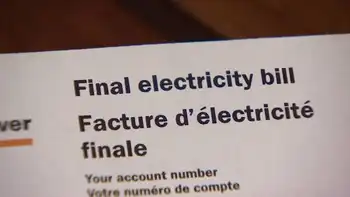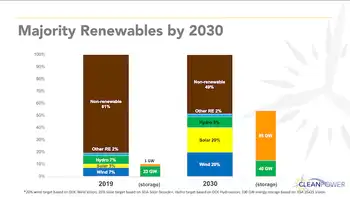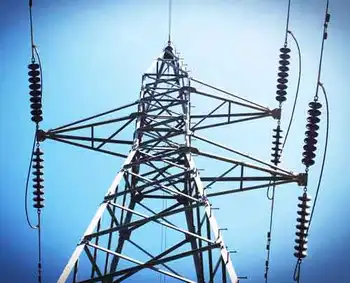GM to launch Volt by 2010
By Reuters
NFPA 70e Training - Arc Flash
Our customized live online or in‑person group training can be delivered to your staff at your location.

- Live Online
- 6 hours Instructor-led
- Group Training Available
As the race to bring a mass-market, rechargeable electric vehicle to the market heats up, GM's Bob Lutz said employees working on the Volt "are becoming increasingly nervous."
"There is a lot of skepticism within the company about the timeline," Lutz said at the Reuters Autos Summit in Detroit. "People are biting their nails, but those of us in a leadership position have said it has to be done."
Lutz said the Volt plug-in hybrid - which GM plans to road-test early next year and produce by late 2010 - is crucial to GM's efforts to snag the environmental technology crown from Japanese rival Toyota Motor Corp.
"When people think of Toyota, their iconic brand is the Prius," Lutz said, referring to Toyota's popular hybrid car.
"When they think of GM, the iconic brand is, unfortunately, the Hummer," he added, referring to its gas-guzzling, military-inspired sport utility vehicles. "That perception needs to change."
GM is the only automaker to have provided a timeline on production even though other companies, such as Ford Motor Co and Toyota, are working on similar technology.
"We have to reestablish GM's leadership and the Volt is, frankly, an effort to leapfrog anything that is done by any other competitor," Lutz said.
Unlike earlier gasoline-electric hybrids, which run on a system that twins battery power and a combustion engine, plug-ins are designed for short trips powered entirely by an electric motor and a battery charged through a socket at home.
Lutz said GM regrets its decision not to build a hybrid car when Toyota launched its game-changing Prius in 1997.
"We kind of lost the first couple of laps of the green car race," Lutz said, saying they couldn't go to GM's board "for a multihundred-million program that was going to lose money."
With the Prius, Toyota controls about 80 percent of the market for hybrids in the United States.
"We have since realized that letting Toyota gain that mantle of green respectability and technology leadership has really cost us dearly in the marketplace," Lutz said.
GM is designing the Volt to run 40 miles on battery power alone, with an on-board gasoline-powered engine as a backup.
The Volt would be outfitted with new lithium-ion battery packs, which hold a charge longer than the nickel metal hydride batteries now used widely in automobiles.
Automakers say lithium-ion technology remains the biggest challenge in producing a plug-in as they try to lower the cost of the batteries and boost their power and storage capacity.
Also, the current generation of lithium-ion batteries, used in devices like laptop computers, have a tendency to overheat.
Toyota executives have said they do not expect lithium-ion batteries to be ready for use in the company's market-leading Prius hybrid by GM's 2010 timetable.
GM is testing lithium-ion battery technology developed by its two suppliers - A123 Systems and Compact Power Inc, a subsidiary of South Korea's LG Chem. But Lutz said GM needs to invest more in battery development internally.
GM already has a patent attorney assigned to the Volt to make sure the company keeps hold of rights to the technology.
"I'm convinced we can do the Volt and put it on the road, but if we want a commanding and permanent lead on this type of vehicle... we have to control the intellectual property," Lutz said. "Otherwise it will propagate to other manufacturers too quickly."











